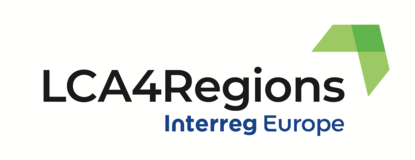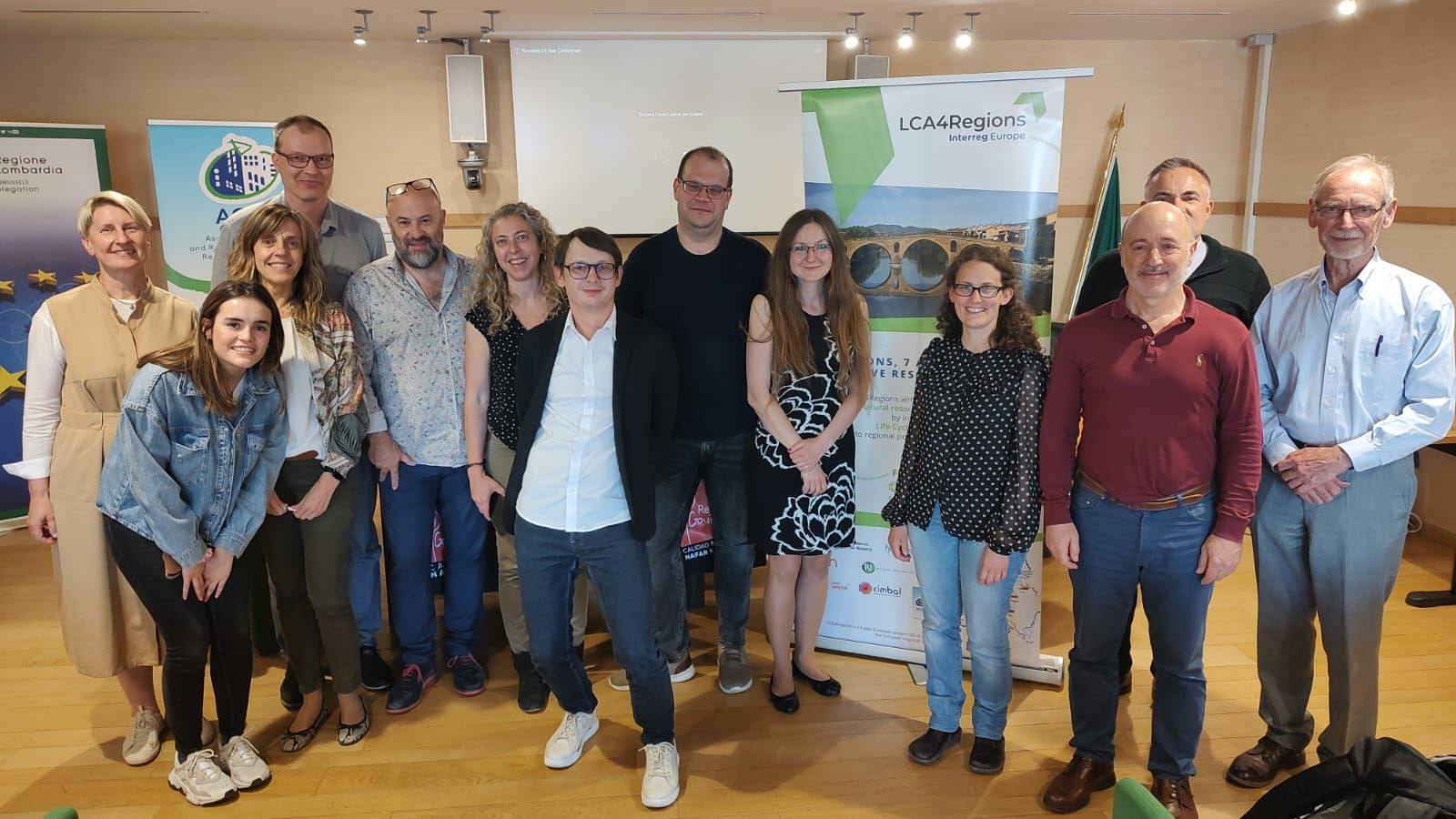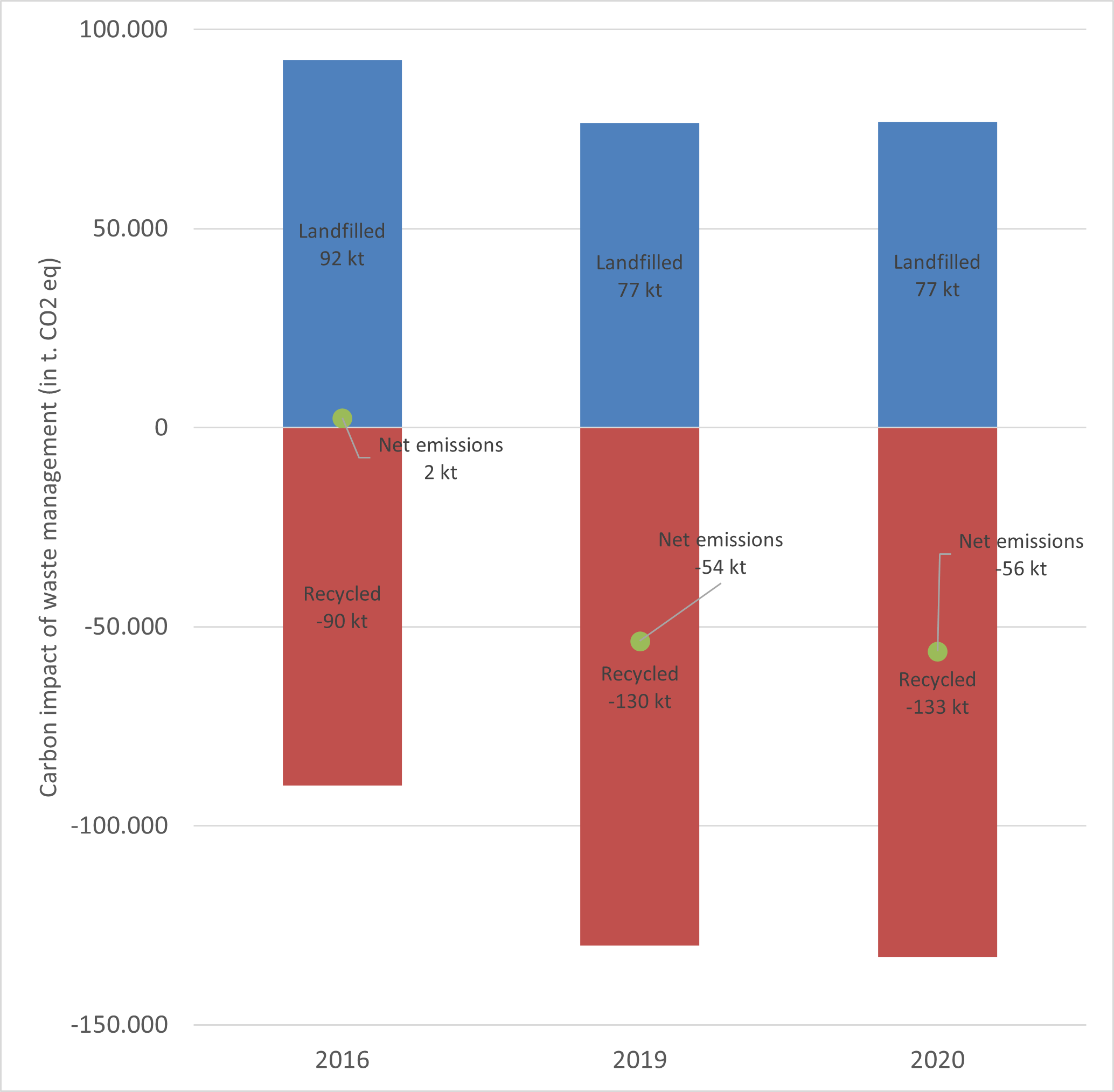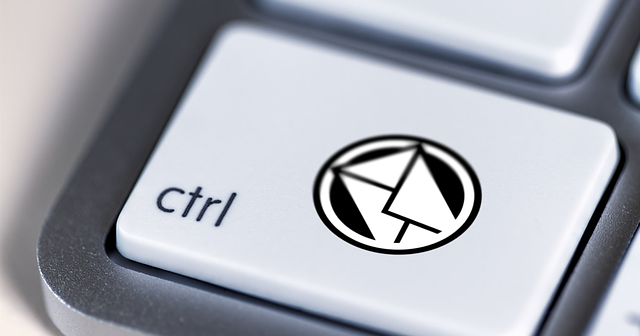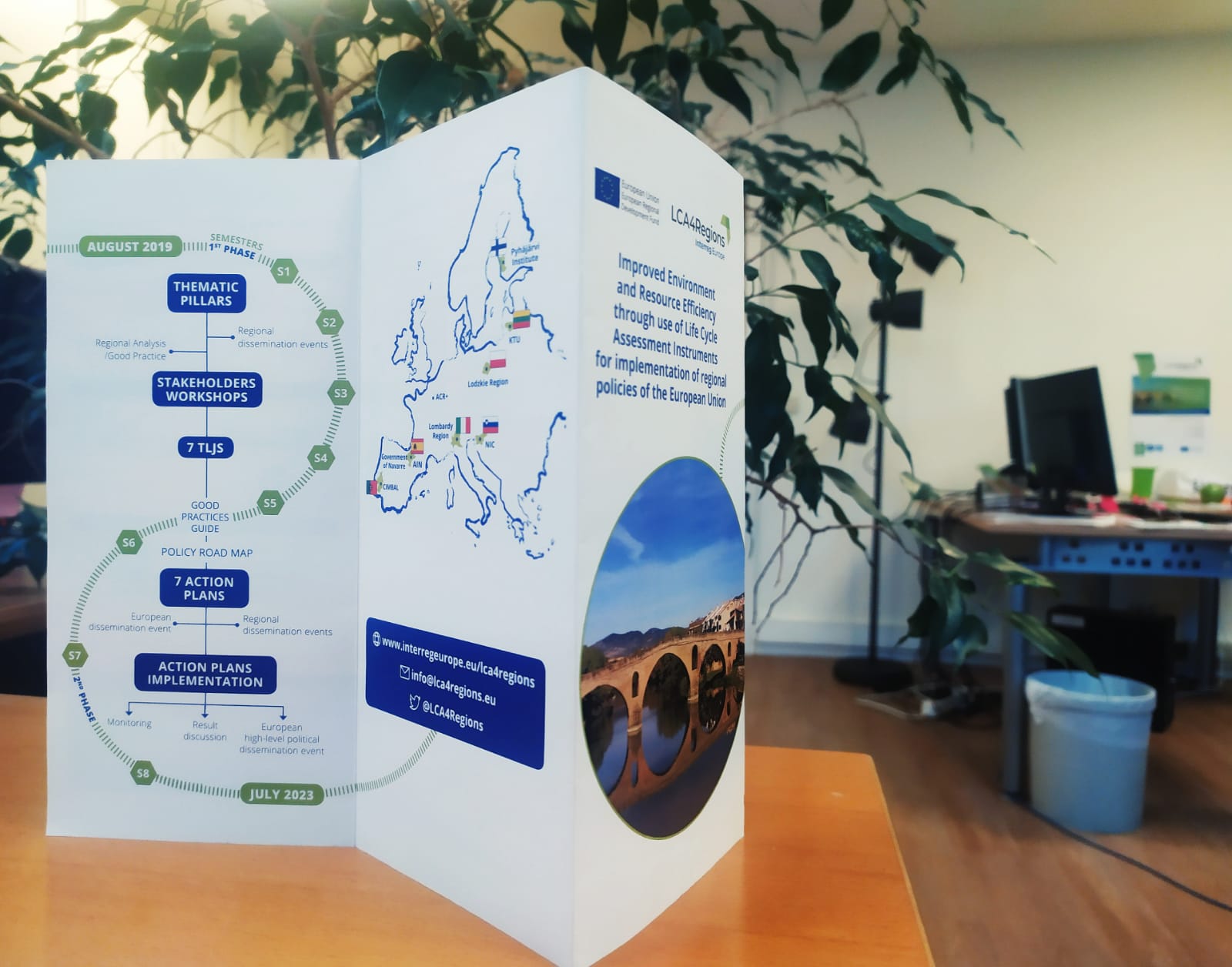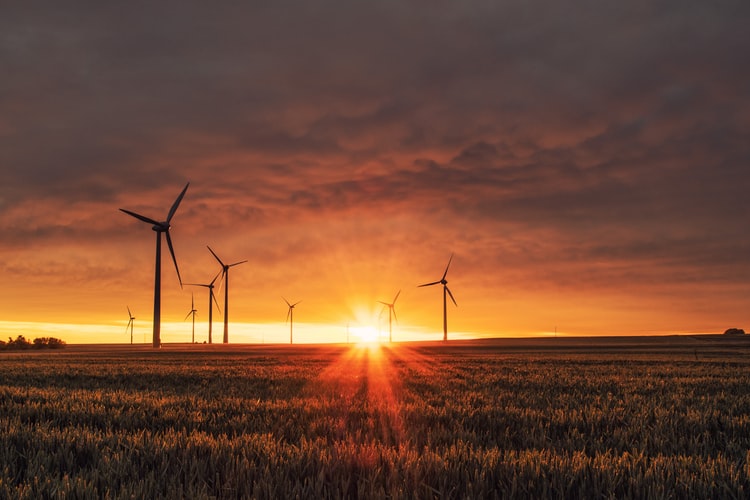The European Commission adopted a new Circular Economy Action Plan – one of the main building blocks of the European Green Deal, Europe's new agenda for sustainable growth. With measures along the entire life cycle of products and building on the work done since 2015, the new Plan focuses on the design and production for a circular economy, with the aim to ensure that the resources used are kept in the EU economy for as long as possible.
Published under the umbrella of the EU Industrial Strategy, the Circular Economy Action Plan proposes measures to design waste out of the economy by transforming it into high-quality secondary resources that are fed back into the production process. To that end, the Commission will explore setting an EU-wide, harmonised model for the separate collection of waste and product labelling.
In the coming months and years, a series of policies is expected to stem from the plan. Most notably, a legislative framework on sustainable products, the right to repair, and on the sectors that use the most resources and where the potential for circularity is high (e.g. electronics and ICT, batteries and vehicles, packaging, plastics, textiles, construction and buildings, and food) are slated for adoption in the near future.
Source: https://ec.europa.eu/commission/presscorner/detail/en/IP_20_420
LCA4Regions is happy to see that the plan makes a significant link to life cycle as an instrument to inform the development of new business models and foster greater producer responsibility towards consumer goods. As Interreg project on life cycle methodologies for regional policies and procedures, our project represents a means to promote, encourage and expand the use of life-cycle methods, starting from regional policies, which can influence local entities.
To be truly sustainable, regional policies on resource efficiency and on circular economy need to take into full account the life cycle impacts of our products and actions.
Fritz Balkau, Expert of LCA4Regions and author of the book "Life Cycle Approaches to Sustainable Regional Development" commented:
Circular economy is a concept that links an entire materials life cycle into a vision of an optimised resource flow where surplus material in every part of the life chain is used again. It is much more than a simple recycling action at this or that point, it is a holistic view of a total circular flow of the materials in our products and goods. The LCA4Regions project aims to improve regional resource efficiency through an effective use of a ‘life cycle toolbox’. Circular economy is part of this toolbox.
